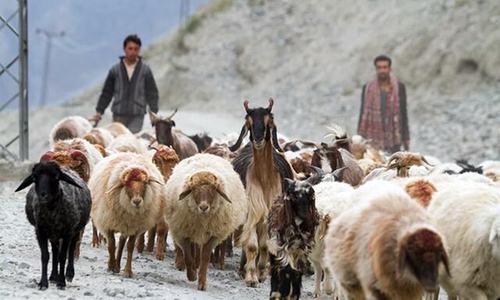ISLAMABAD: The ‘World Development Report 2020’ released by the World Bank has shown its optimism that developing countries can achieve better outcomes for their citizens through reforms which boost their participation in global value chains.
These reforms can help them expand from commodity exports to basic manufacturing, while ensuring that economic benefits are shared more widely across society, says the report released on Tuesday.
According to the publication, global value chains (GVCs) can continue to boost growth, create better jobs, and reduce poverty, provided that developing countries undertake deeper reforms and industrial countries pursue open, predictable policies. Technological change is likely to be more of a boon than a curse for trade and GVCs.
The benefits of GVC participation can be widely shared and sustained if all countries enhance social and environmental protection. The report says GVCs promote productivity and growth and a one per cent increase in participation is estimated to boost per capita income levels by more than 1pc – about twice as much as standard trade.
GVCs help reduce poverty since gains in growth from global value chains are larger than from trade in final products, their impact on poverty reduction is also larger.
These deliver better jobs as firms in global value chains draw people into more productive manufacturing and services activities and tend to employ more women, supporting structural transformation in developing countries.
Entering deep preferential trade agreements (PTAs) can enhance institutional quality and increase GVC participation. Deep PTAs cover legal and regulatory frameworks, harmonize customs procedures, and set rules on intellectual property rights.
One finding notes that small countries are more dependent on imported inputs and foreign markets. Trade liberalisation can thus expand effective market size and promote participation in GVCs.
Under the theme “Trading for Development in the Age of Global Value Chains”, the report finds that GVCs have powered an economic transformation ever since, allowing the poorest countries to quickly climb the development ladder. Such chains enable developing countries to specialise and grow wealthier without having to build whole industries from scratch.
Published in Dawn, October 10th, 2019













































